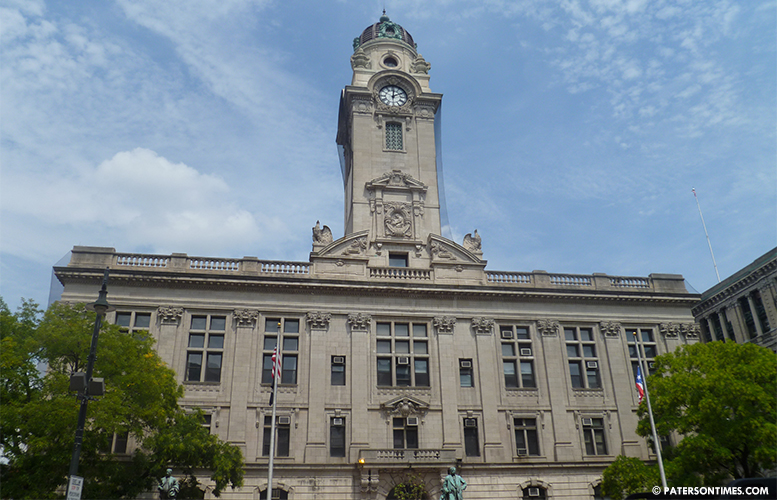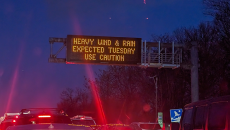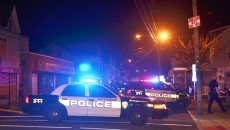The city has spent 29-percent of its estimated fiscal year 2016 overtime budget during the past two months, according to a municipal overtime report. Much of the overtime spending is concentrated in police, fire, and public works.
The report lists a $3,888,147 estimated overtime budget for the city of which $1,127,603 has been spent year-to-date (July and August), according to the report dated September 1st, 2015.
The city’s police department spent 30-percent of its estimated overtime budget. Police spent $643,942 of its $2.1 million overtime budget, according to the report.
The city’s fire department has used up 49-percent of its budgeted overtime. Fire spent $116,987 of its $240,407 overtime budget, according to the report.
The public works department used up 29-percent of its overtime budget, according to the report. Public works expended $317,449 of its $1.1 million overtime budget, according to the report.
5th Ward councilman Julio Tavarez provided a copy of the report at the annoyance of the administration. While explaining the report, business administrator Nellie Pou remarked the report was solely for council members.
Pou noted the city has yet to finalize a fiscal year 2016 budget which began on July 1st, 2015. The council has scheduled departmental budget hearings this month to create a fiscal year 2016 budget. She said the $3.9 million overtime budget is an estimated figure. The city in fiscal year 2015 budgeted for $4.37 million and spent $5.98 million — $1.61 million over budget.
The business administrator attributed the overtime expenditures to the city’s parade season in which residents celebrate their ethnic pride and heritage. The largest of the city’s parade, the Peruvian Parade, passed through Memorial Drive at the end of July.
Tavarez has been clamoring about the city’s overtime expenditures. He often focuses his criticism on the spiking overtime at the city’s public works department, where some employees have been doubling their salaries year after year by ostensibly working extra hours.
“It’s concerning,” said Kenneth Morris, councilman at-large, who chairs the city council’s finance committee.
“Three months into the fiscal year is where you should be around 25-percent of your target,” said Morris. “They are a month off at this point.”
Tavarez wrote in the report two months represent about 16-percent of the year.
Morris noted the Dominican Parade that took place yesterday. “That’s going to contribute to your overtime expenditures,” said Morris.
The city has passed an ordinance requiring parade organizers to pay 20-percent of the clean-up and public safety costs the city incurs during a parade. The organizers will have to pay 40-percent of the costs by 2017, according to city records.
The city’s estimated $3.9 million overtime budget for fiscal year 2016 appears unrealistic considering the $5.98 million it spent in fiscal year 2015.
Council president William McKoy said the administration indicated it placed the estimated overtime budget at that level because it believes through monitoring it would be able rein in overtime spending.
“That was a goal they set for themselves, albeit very aggressive, and we’re looking to see whether they can live up to that commitment,” said McKoy.
Morris said the city ought to budget in a way so as to avoid overruns. “I’ve always said countless times let’s budget for overtime using real numbers. When you don’t do that you end up exceeding your budgets by high percentages,” said Morris.
Morris said the city ends up transferring money from other departments to compensate for going over its budget.
Andre Sayegh, 6th Ward councilman, continued his call for a council overtime investigation.
Both Morris and McKoy said the city needs to monitor the dollars it’s spending on overtime to ensure the money is being spent effectively.
The council president said the city through monitoring overtime expenditures can determine whether it is more cost effective to schedule work differently or hire more employees using funds that would be paid in costly overtime.
McKoy said the city does not have the funds to continue providing for overtime. He noted the $5 million the council reduced by opting for a 4.06-percent tax rate as opposed to the 4.15-percent the administration proposed.
“It is our expectation that we would look to reduce overtime significantly because the budget just can’t support it,” said McKoy.



